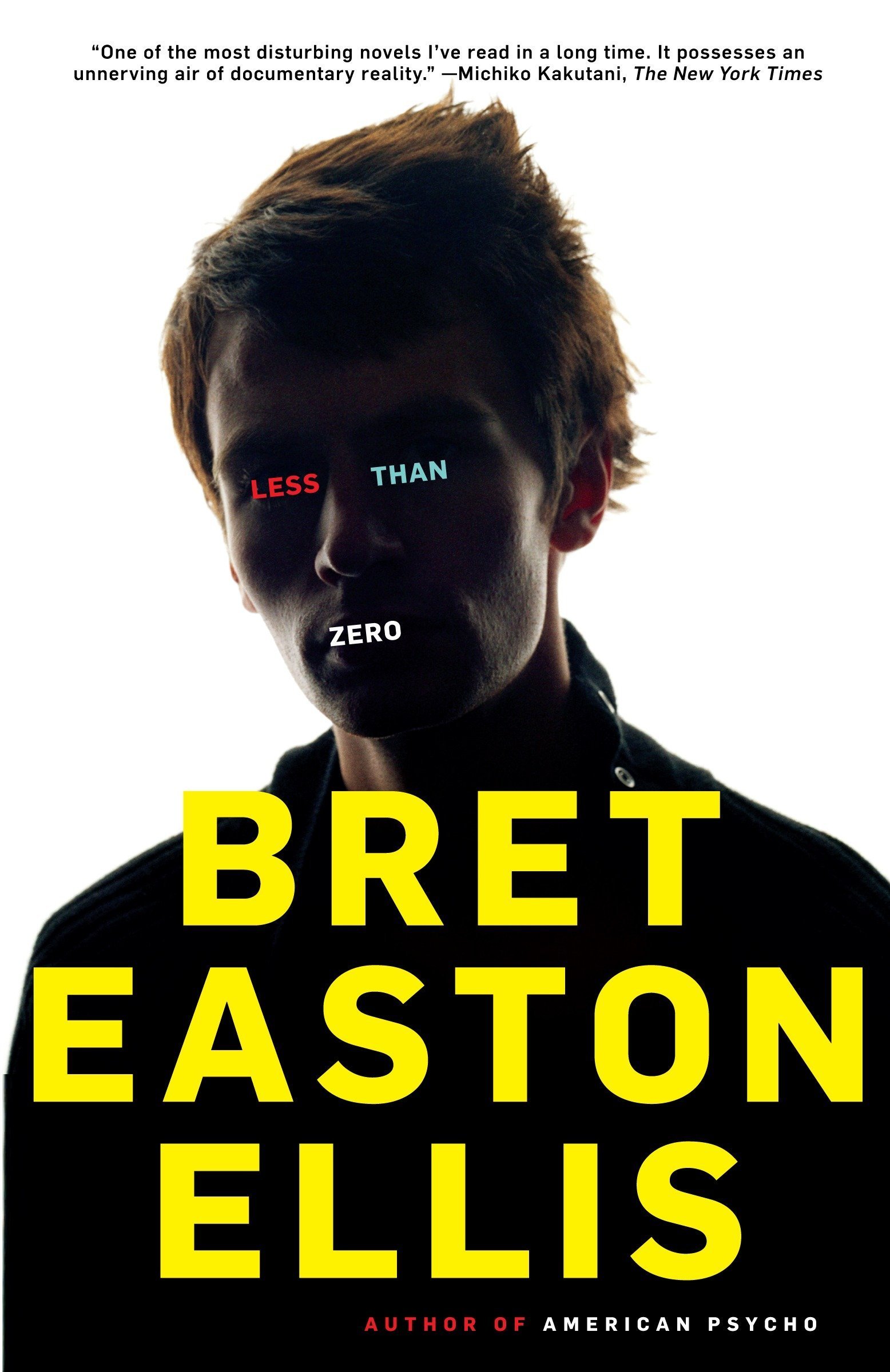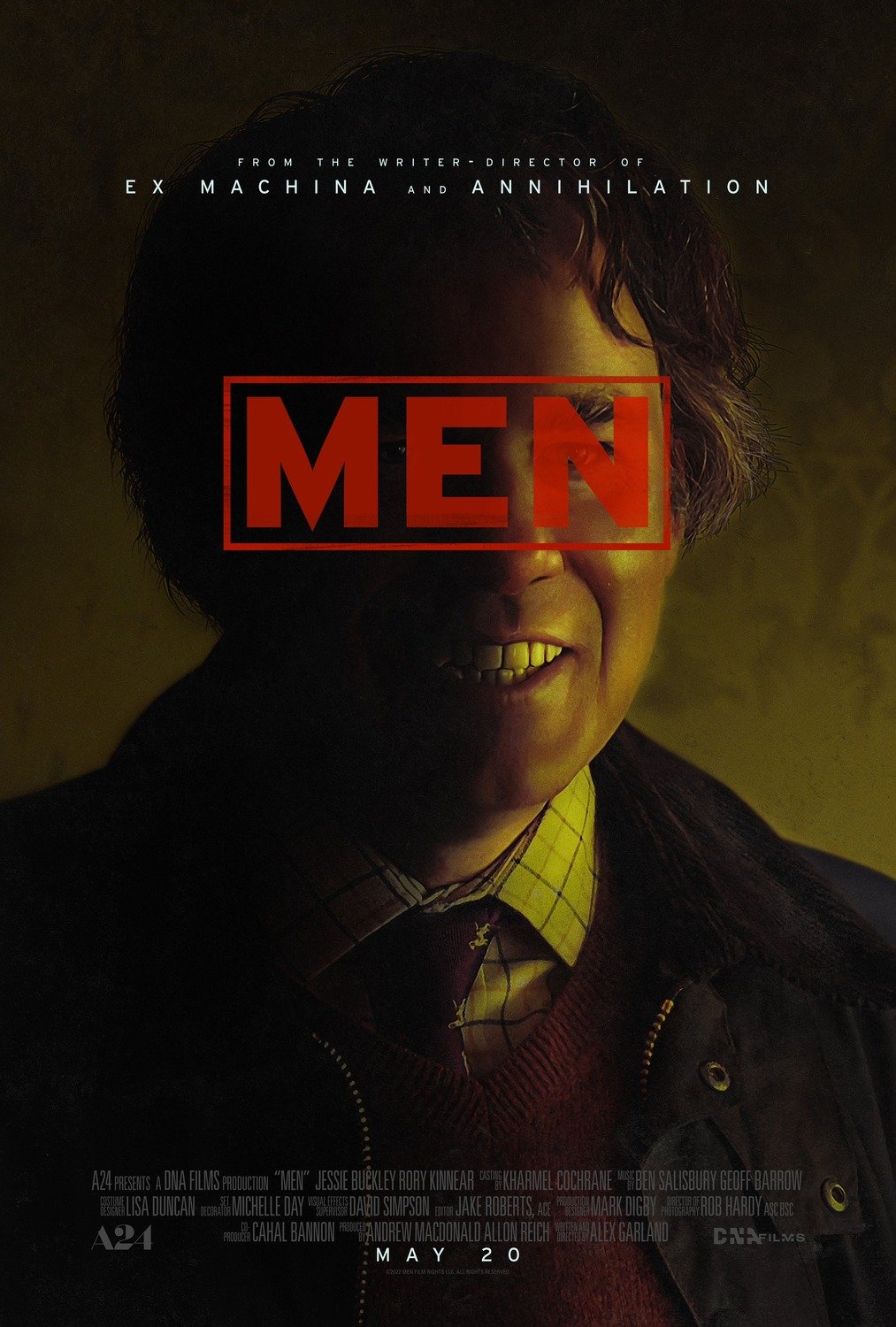The Art of Interpretation (I mean, interpretation is literally what art is)
I was friends with metal musicians growing up. They are a peculiar group of people for two contradictory reasons a) they feel extremely angry and alienated all the time b) they are consumed by the idea of being recognized as legit musicians. Extreme genres like death metal and black metal have gained their notoriety using sonic savagery, grotesque horror movie imagery and inflammatory rhetoric in order to keep the undedicated away, but for some reason a lot of extreme metal musicians reacted poorly to rejection by normies.
In order to gain their acceptance without looking like they’re even seeking it, death metal musicians in particular came up with what I call the “technical fantasy”. The idea that if a song is difficult to play for any living musician, it should at least be worthy of their admiration and therefore allowed to exist. Seriously, I don’t know any other music genre that has a subgenre that uses the prefix “technical”. There’s no Technical Pop or Technical Techno, but there IS technical death metal.
There’s a reverence for technique and mastery, so in music and in many other creative circles, the idea that a good interpretation is a technically difficult and precise one is widespread. In writing. In painting. In cinema. But it never quite sat right with me.
Art is emotion, so interpretation is emotion too
In music and in any other form of art, I believe intent and emotion should be the primary criteria. Because the primary purpose of art is to manufacture an emotion meant to help the audience transcend their daily lives and in order to communicate these emotions through your art, you have to feel it when you’re writing, composing, playing, performing it. Emotion needs to be present on both ends.
To me, any piece of art can be technically sloppy or even stereotypical if it is inspired. Now, there’s a difference between being sloppy and being outright bad. A novel with typos and stolen ideas, a rock song that is derivative and forgettable or a movie where the poor editing makes the story incomprehensible are unacceptable. But technical mastery and inspiration isn’t an either/or proposition. It’s a continuum where any place of art has a place.
A good example of what I’m talking about is the novel I Was Dora Suarez, by Derek Raymond. On the surface, it’s another story where a badass police detective investigates a young woman’s death. But I Was Dora Suarez starts with a thirty pages depiction of an ax murder from the killer’s point of view and throughout the entire novel, Derek Raymond is relentlessly pursuing an emotion: horror. He wants you to feel horror for the sake of poor Dora and you know what? It works.
The novel stands out not because of what it’s about or even how it’s written. Because of the emotions it chases. I Was Dora Suarez actively deromanticizes the dead young girl trope.
Slayer is another good example of what I’m talking about. Throughout their career, the band was actively accused of recording the same album over and over again. But it never really mattered, didn'it? One never listened to Slayer for their creative boundlessness or technical acumen. They are a band you listen to because you know exactly what you’re going to get and what you’re going to get feels fucking great. People listen to Slayer primarily for the voice of Tom Araya, the purest distillation of anger known to man.
The job of the artist
Being an artist is more difficult than it seems. I mean, anyone CAN be an artist. The internet is littered with people who claim they are. But not everyone can be a good, memorable artist that has an emotional authority on their audience. That you don’t achieve through technical mastery.
I mean, it’s important to know what you’re doing, but it’s also important to tune in to something greater than yourself.
I’m hearing the technical death metal people from here say: but what if I want to inspire awe? What if my audience is solely composed of other musicians? Well, you got me there. After all, artists should work on what they would like as an audience and nothing else. But here’s my question: is your fucking 8 minutes tech dech song what you want to hear as an audience or is this what you like to fiddle on with your guitar? Would the sixteen year old you even like this? There’s no straight yes-or-no answer to this. I’m not hoping for a come-to-Jesus moment. I just want you to think about what made you feel inspired in the first place.
A band that is very good at balancing both technicality and emotion is Lorna Shore.
This band is so in-your-face that it’s almost more sport than art, but all their mastery is at the service of the emotional experience and this emotional experience is meant to hit you like a jackhammer. Their trilogy of songs about death and grief is an exercise in how to stretch music in every possible direction: heaviness, speed, atmosphere, emotion. It really has to be heard to be understood. Lorna Shore is a highly technical band, but they are at the very top of their market for one reason and one reason only: because they feel fucking good to hear. They are a visceral, cathartic experience.
That is the job of an artist: to make people feel. It can be communicated through a myriad of ways, but it won’t work if there isn’t an emotion to feel and for that, that precise emotion needs to be present when performing the said art. I’m pretty sure Stephen King disappears into his own nostalgia while writing the immersive passages in his novel we all love that pulls so closer to his characters than anyone else’s. I’m sure Tom Araya actually works himself into a fire-spitting frenzy before going on stage with Slayer. I KNOW that Brad Pitt, Christian Bale and all these great actors actually feel emotions that aren’t theirs in order to make us dream.
Technique is nothing without interpretation. If you don’t feel what you want your audience to feel, they’ll call you out.






